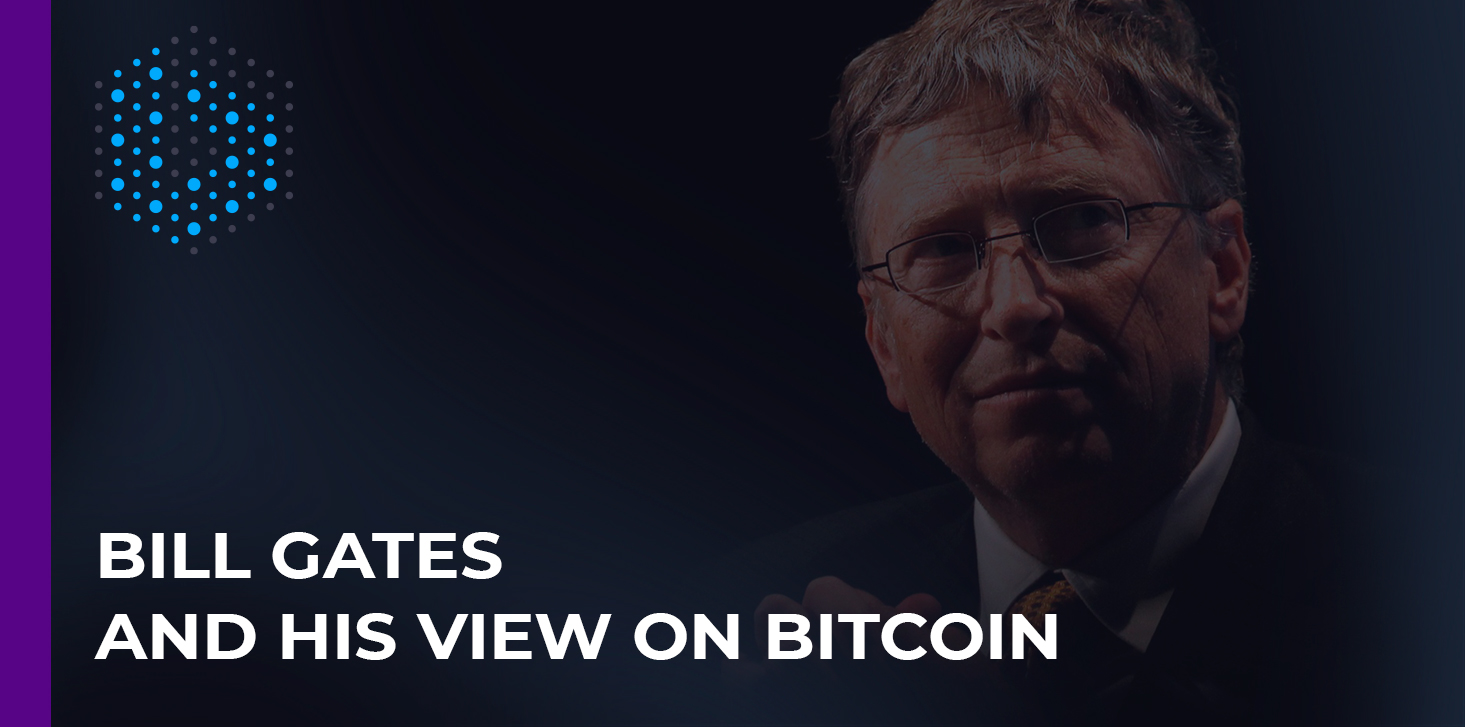“Bitcoin is good for Elon Musk, but not for all investors,” says Bill Gates
Bill Gates was asked about Bitcoin, and his views on the digital asset, as a powerful institutional wave led by Tesla sparked renewed interest in the crypto scene.
Bill Gates, and his views on Bitcoin
Gates ‘ approach to Bitcoin may seem conservative to many, but the Microsoft founder explained that not every investor is able to cope with Bitcoin’s volatility. However, Tesla CEO Elon Musk definitely can, Gates said in an interview with Bloomberg. He explained:
“Elon has a lot of money, and he is very sophisticated. I’m not worried that his Bitcoin will randomly move up and down. My general thought would be: if you have less money than Elon, you should probably be more careful”.
Gates ‘ explanation is a warning that Bitcoin’s recent surge to new heights, triggered by Tesla’s $ 1.5 billion purchase of BTC, could lead retail investors to experience a fear of missing out (fomo) and plunge into “BTC mania”. However, he asks not to take this as advice, as he previously explained that he holds a “neutral view” on Bitcoin.
The $ 1.5 billion purchase of Tesla has stirred up many in the industry and pushed Bitcoin to a new high of more than $ 58,000. Tesla has already reported $ 1 billion in revenue from its Bitcoin investment, and a recent analysis by Wedbush Securities showed that the electric car giant was on track to make more profit from its Bitcoin investment than from selling electric cars throughout 2020.
Although both Bitcoin and Ethereum hit new all-time highs over the weekend, prices for both cryptocurrencies are currently being adjusted. Right before this happened, Elon Musk casually remarked on his social network that, in his opinion, the prices of Bitcoin and Ethereum are too high.
Bill Gates and Microsoft won’t be joining the Cue Ball anytime soon
The Microsoft co-founder maintained a neutral stance, saying that, unlike his colleagues, he was not convinced that Bitcoin is an investment asset, and may not yet join the victorious group of Bitcoin enthusiasts. Gates said:
“I don’t own Bitcoin, I don’t own cryptocurrencies, so I keep a neutral point of view. Bitcoin can rise and fall only depending on the mania or any views. I can’t predict how this will develop”.
Gates ‘comment that” Bitcoin is rising and falling due to mania” may not be entirely false, as evidenced by the sudden rise in the price of Dogecoin due to Elon Musk advertising the coin on social media. Although Gates did not want to delve into the topic of Bitcoin, he added, ” Moving money into a more digital form and reducing transaction costs is what the Gates Foundation is doing in developing countries”.
Gates ‘ views on Bitcoin and cryptocurrencies seem to have remained unchanged over the years, as he previously addressed the relationship between cybercrime and cryptocurrency in the 2018 Reddit Ask Me Anything (AMA). Gates criticized the anonymity of cryptocurrency transactions as a gateway to facilitate the drug trade.
Microsoft, the tech corporation founded by Gates, also seems to share the billionaire philanthropist’s views. Recently, its president, Brad Smith, told CNN’s Julia Chatterley that Microsoft has no immediate plans to invest in Bitcoin. He said that “he hasn’t heard any new talk about Bitcoin” when asked if Microsoft intends to follow Tesla’s move and add Bitcoin to its balance sheet.
Whether the Corporation to follow the lead of Tesla?
While many see the $ 1.5 billion purchase of Tesla Bitcoin as a catalyst for other institutional investors to follow suit and enter the cryptocurrency market, JPMorgan strategists said that organizations should not expect purchases of PTS in the near future. The team, led by Nikolaos Panigirtzoglou, called Bitcoin’s volatility a major problem that public companies may not want to address at this time.
The strategists explained that typically corporate treasury portfolios, which typically consist of diversified assets such as money market funds and short-term bonds, were structured in such a way that the allowable annual volatility fluctuated around 1% of the total balance sheet. However, the addition of Bitcoin will lead to a change in volatility from 1% to 8%, which companies may not be ready to accept yet.
